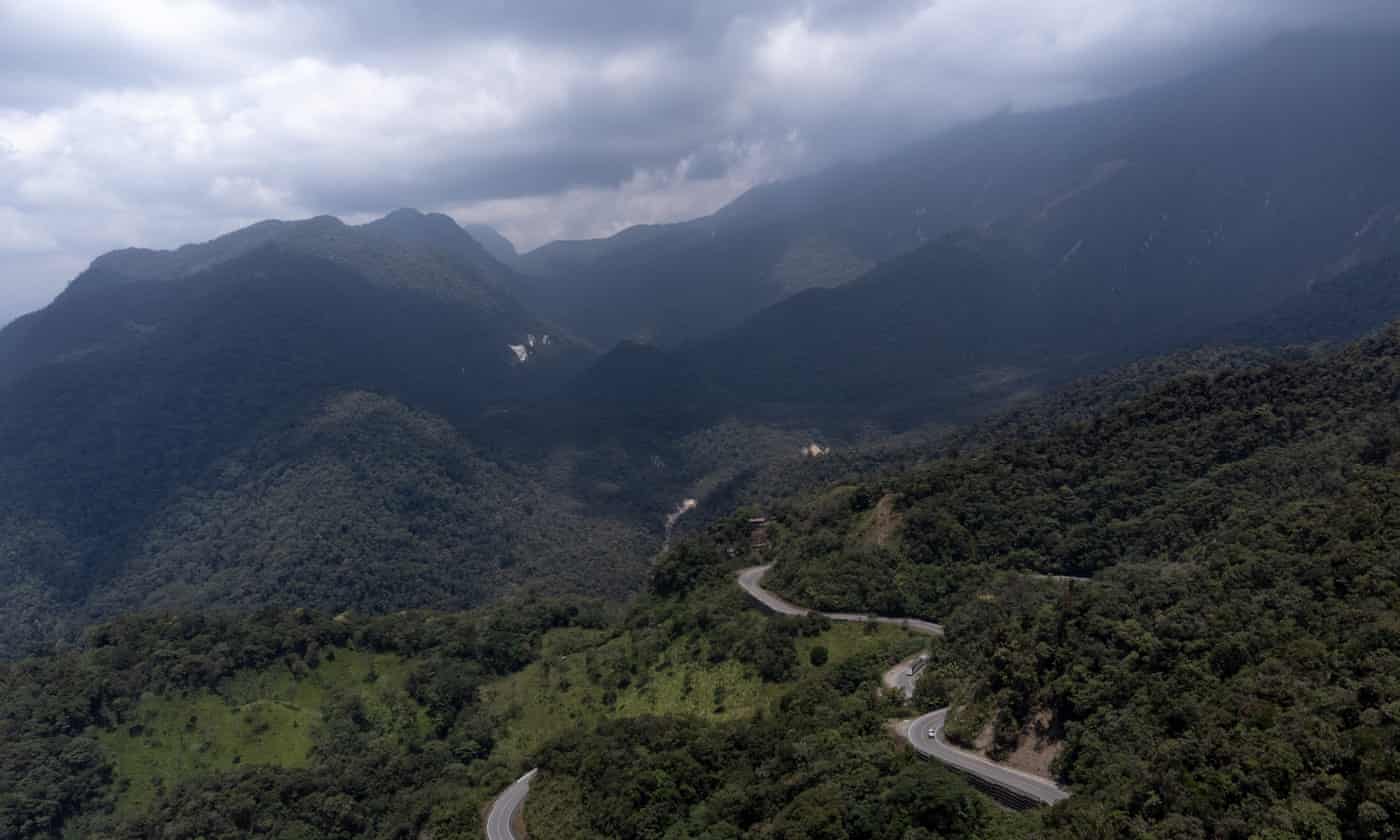
David Antonioli to step down from Verra as CEO, which was accused of approving millions of worthless carbon credit offsets used by major companies
It comes amid concerns that Verra, a Washington-based nonprofit, approved tens of millions of worthless offsets that are used by major companies for climate and biodiversity commitments, according to a joint Guardian investigation earlier this year.
In a statement on LinkedIn on Monday, Verra’s CEO, David Antonioli, said he would leave his role after 15 years leading the organisation that dominates the $2bn voluntary carbon market, which has certified more than 1bn credits through its verified carbon standard (VCS).
Antonioli thanked current and former staff, and said he was immensely proud of what Verra had accomplished through the environmental standards it operates. He did not give a reason for his departure and said he would be taking a break once he left the role. Judith Simon, Verra’s recently appointed president, will serve as interim CEO following Antonioli’s departure on 16 June.
“The trust you placed in Verra and myself in my role as CEO has meant a lot, and I leave knowing we have made tremendous strides together in addressing some of the world’s most vexing environmental and social problems. Working with you on these important issues has been a great highlight of my career,” he said.
The announcement follows a difficult period for Verra, which has seen the environmental integrity of their carbon standard satirised by the comedian John Oliver and journalistic exposés about the integrity of their carbon credit certification process.
In January, a nine-month investigation by the Guardian, the German weekly Die Zeit and the investigative group SourceMaterial found Verra rainforest credits used by Disney, Shell, Gucci and other big corporations were largely worthless, often based on stopping the destruction of rainforests that were not threatened, according to independent studies. It also found evidence of forced evictions at a flagship scheme co-operated by Conservation International in Peru.
Antonioli strongly rejected the findings of the investigation and defended Verra’s impact on the conservation of rainforests. The organisation is in the process of introducing new rules for generating rainforest carbon credits, with all projects set to be using the new system by mid-2025.
Some firms are moving away from offsetting-based environmental claims, such as Gucci, which has removed a carbon neutrality claim from its website that heavily relied on Verra’s carbon credits.
Scientists have called for the unregulated system to be urgently reformed to finance climate mitigation and forest conservation despite current concerns about integrity.
Diego Saez Gil, the CEO of Pachama, a carbon offsetting firm that uses AI and remote sensing to verify and monitor carbon capture by forests, said he would like Verra to update its programmes with the latest science and techniques to improve integrity.
“This is a pivotal moment for carbon markets. In order to scale the critical funding required for carbon sequestration at a planetary scale, we must ensure integrity, transparency, and real benefits for local communities and biodiversity. A new generation of innovative players is collaborating with standard bodies, academics, corporates, and communities, creating a new era of carbon markets that gives me hope,” he said.
